Early this month, Melbourne startup Relectrify launched its BMS + Inverter at the Cleantech Forum in San Francisco, alongside pilot partners American Electric Power Co (AEP) and Nissan North America.
Relectify’s pioneering efficient one-stop-shop inverter and battery management not only increases the cycle life (life-span) of a lithium-ion battery by a third but due to the streamlined system, also dramatically reduces the cost. It is no wonder that AEP, which has more than 5 million customers across eleven U.S. states, is excited about the potential of this technology at both grid and residential scale.
Relectrify co-founder and CEO Valentin Muenzel is thrilled with the company’s progress. “The interest Relectrify is receiving from customers and partners has greatly exceeded our expectations,” Muenzel said. “We are now working to discuss with, and select, the most promising battery manufacturers, distributors, and integrators globally with whom to co-launch products into promising storage applications across different geographies.”
“Relectrify’s technology controls series cells individually, getting the most out of each rather than being limited by the single weakest one,” said Muenzel. “Surprisingly and counterintuitively, instead of the typical tradeoff between better control and lower cost, in this case, electronics with more control can actually be built at less cost.”
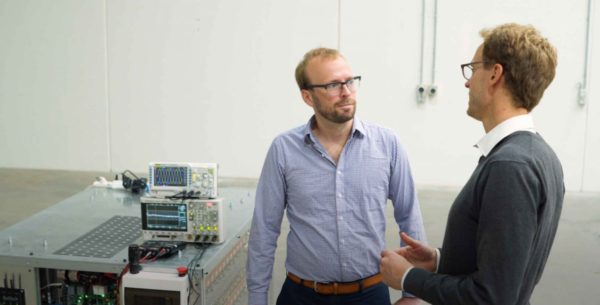
Image: ARENA
AEP Vice President of Innovation and Technology Ram Sastry said that though the cost of new grid-scale batteries is trending downward and performance is improving, the expensive exterior inverters are still a hindrance.
“We are participating in this pilot with Relectrify and Nissan North America to see if it is possible to maintain the same performance at a low cost without the external inverter,” said Sastry. “We’re hoping that this innovation combined with many, repurposed battery packs from the national electric vehicle fleet will be an economical solution for us and our customers.”
This is where Nissan’s LEAF batteries come in. Nissan wants to find ways of recycling or repurposing its EV batteries. EV batteries need to be replaced once they drop below 80 per cent efficiency, meaning they can still be used in many other roles. Relectrify suggests its technology could mean these batteries would have a second life of as many as 2500 cycles in homes, businesses or as part of the grid.
Considering the global EV market is set to boom, the number of batteries of which would profit marketably from being repurposed by Relectrify is astronomical. “The volume of batteries available from electric cars for repurposing is set to grow more than 20-fold in the next ten years,” said Muenzel, “and represents a tremendous opportunity for affordable storage.”
Muenzel moved to Melbourne from Germany in 2012 to complete his PhD. The hybrid-inverter that took the stage in San Francisco was aided by a $750,000 grant from the Clean Energy Innovation Fund (CEIF) and further by Australian Renewable Energy Agency (ARENA) funding in 2018. “ARENA’s support was a key enabler for Relectrify to develop technology that is world-leading,” said Muenzel.
“With the BMS+Inverter, developed over years of first-principles work by our team,” continued Muenzel, “Relectrify is now at the global forefront of battery cost-competitiveness and within striking distance of the US$100/kWh inverter-integrated pack cost widely viewed as the holy grail of battery storage.”
This content is protected by copyright and may not be reused. If you want to cooperate with us and would like to reuse some of our content, please contact: editors@pv-magazine.com.
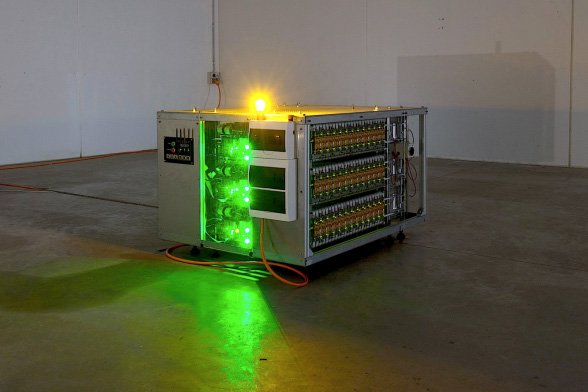
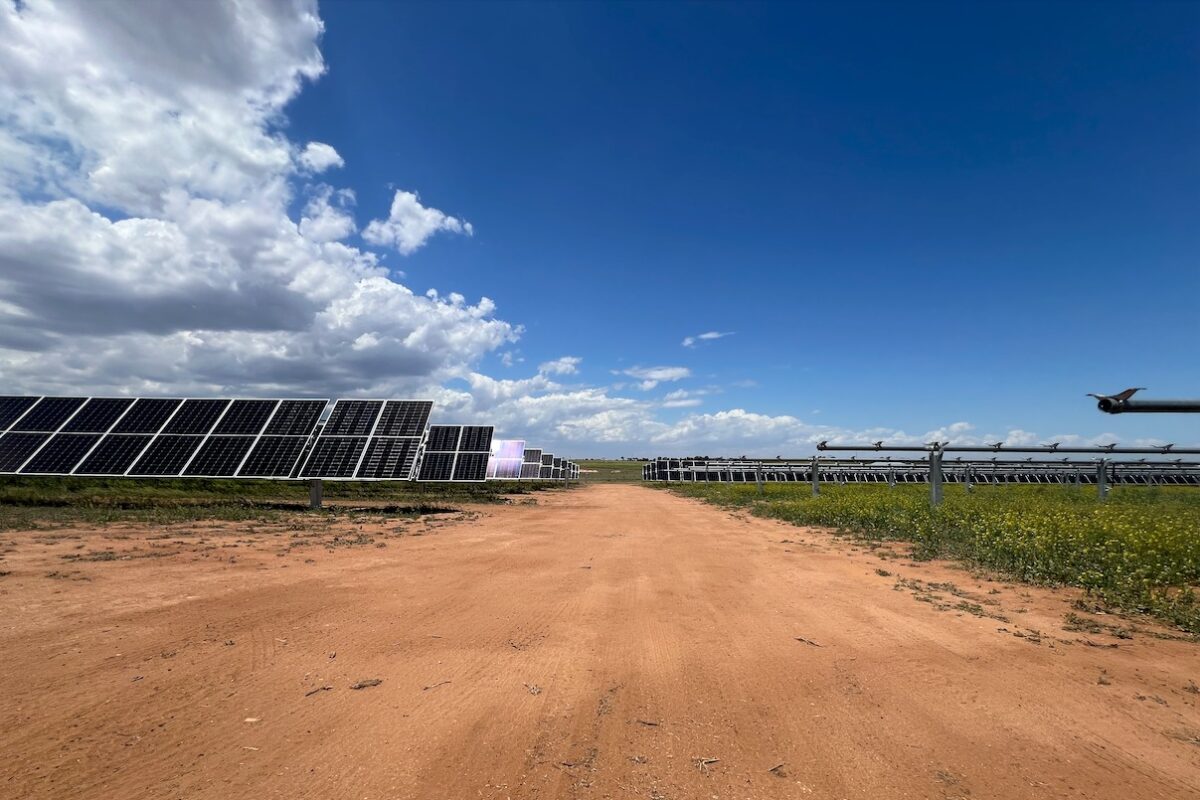



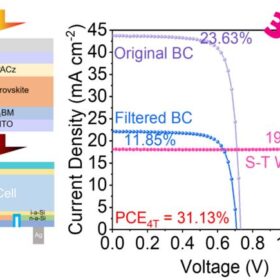
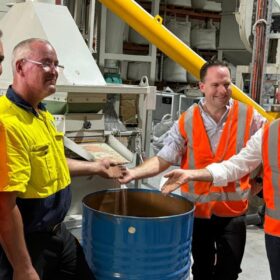
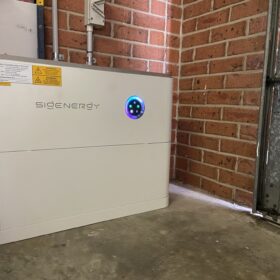

Interesting, ““Relectrify’s technology controls series cells individually, getting the most out of each rather than being limited by the single weakest one,” said Muenzel. “Surprisingly and counterintuitively, instead of the typical tradeoff between better control and lower cost, in this case, electronics with more control can actually be built at less cost.””
The company’s claim they are at the crossroads of the $100/kWh, (including) inverter and repurposing used EV batteries for energy storage in homes and businesses actually allows one to “over design” the battery pack allowing a lot more service life out of lithium battery technology. Designing the battery pack of used cells as if it were lead/acid technology, no more than 50% DoD, then one could get many years of use out of the lithium chemistry than the lead/acid chemistry.